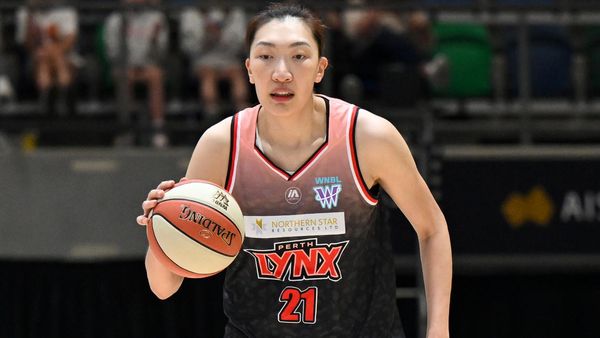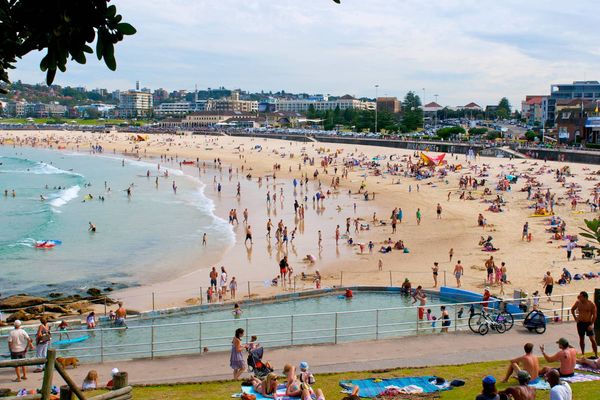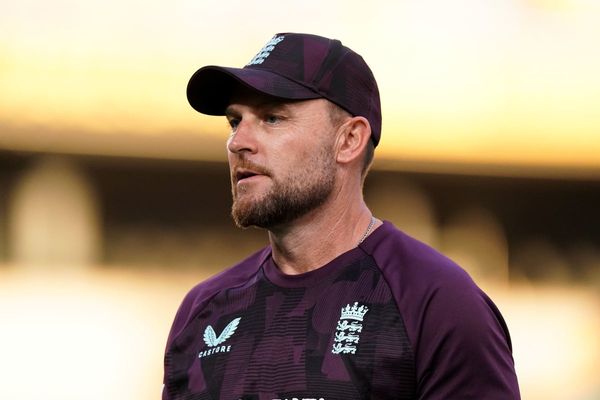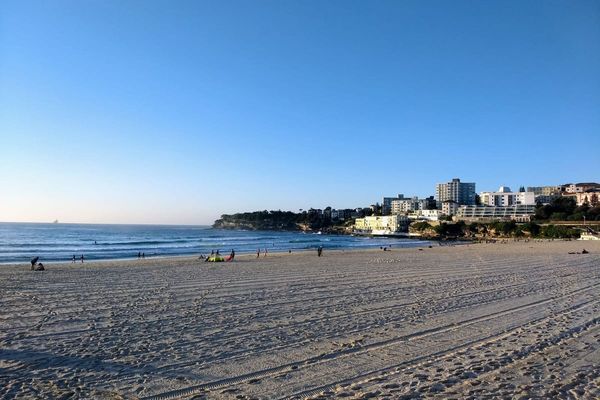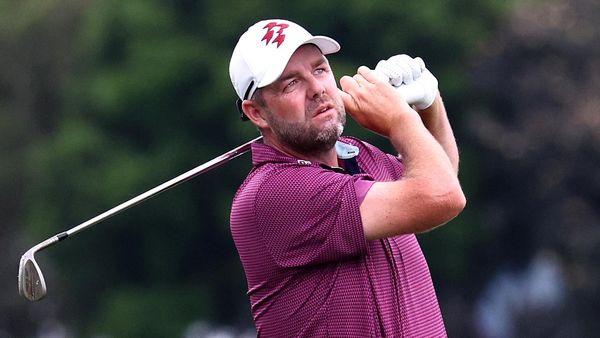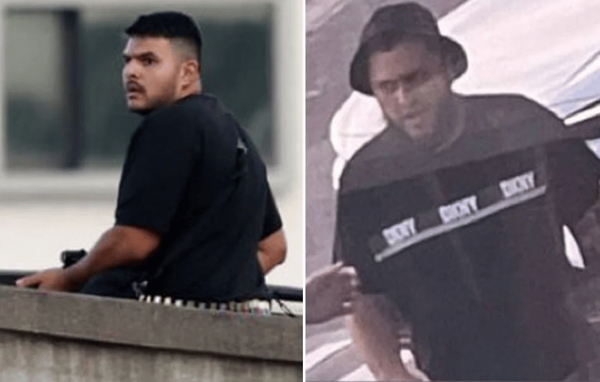
Voices from community groups are questioning the target audience of cost of living payments rolling out from this week
A payment of $116.67 will appear in the bank accounts of more than two million New Zealanders on Monday, the first of three payments that will see middle-income Kiwis given a total of $350 to help deal with rising inflation and costs of living.
But while the lined pockets of around 42 percent of the country should make the remaining winter months a little more palatable, advocates from community groups have questioned whether the money is being put to its best use if it's not going to help those at the bottom of the pile.
The cost of living payments go to anybody over the age of 18 who earns less than $70,000 net income before tax, so long as they don’t currently receive the winter energy payment - money that automatically goes out to anybody on superannuation, jobseeker support, youth payments, emergency benefits or a veteran’s pension.
It’s exactly the strata of society that need the most help right now, says Lifewise youth development worker Aaron Hendry, who’s concerned about gaps in the policy that skip over under-18s and lower-income Kiwis.
“If you were already struggling, you’ll be struggling a lot more than most people who are getting the payment - and you've been excluded,” he said. “That’s hugely disappointing. Those people on the benefit are the people who a really doing it hard.”
On top of offering nothing extra to beneficiaries, the targeted payments are only available to those over the age of 18.
Hendry said this age cut-off doesn’t make sense in a society where young people are able to go off and live on their own and find work before that age.
“There are plenty of people that we know of that are living independently and maybe aren't on a youth payment and cannot access this,” he said. “For whatever reason they may have not been able to remain at home, they've been out working and looking after themselves and now they've been excluded from this payment. Now that doesn’t make a lot of sense.”
He thinks we should also be aiming to set a more ambitious target than a few payments to ease the pain of a rising cost of living, and wants to see an attitude shift around the level of poverty we deem acceptable as a society.
“I think we need to be a bit more aspirational,” he said. “These sorts of decisions are the result of political decisions that we are making around who we prioritise… we need to eradicate poverty rather than just manage it.”
The payments have cost the Government $814 million all up, which comes to around $27 dollars a week for the 2.1 million Kiwis who fit the criteria.
That adds up to $350 per person, a number arrived at as being half the amount of the winter energy payment a couple would receive through the colder months.
Revenue Minister David Parker said the payments deliberately target people who aren’t on the winter energy payments as cost of living adjustments to benefits and allowances like free transport for community services card-holders were already mitigating the effects of rising cost of living on the lower-income group.
“Our reasoning for that is that the cost of living pressures - that as we know are facing everyone - are to a certain extent already dealt with for those groups that get the winter energy payment,” he said. “That’s both through the winter energy payment and through the cost of living adjustment to benefits which of course does compensate for increases in the cost of living.”
He said the support was designed to target a group who currently weren’t getting any of that support, which doesn’t necessarily mean they are not having a tough time making ends meet.
“In respect to the people who are getting it, well they actually don’t get the winter energy payment and some people would say that the cut-off for the likes of [that] is unfair to them,” he said. “So we thought there was a case for helping those middle-income people who aren't on a benefit in addition to slashing petrol taxes and subsidising public transport.”

While petrol tax and road user charge reductions have been extended into the new year in acknowledgement of the expense of life in 2022, Parker said the cost of living payments will not be extended.
“It’s deliberately targeted and it's also deliberately limited as to term,” he said. “In part because we don’t want to feed inflation in the economy: partly because we know that the forecast for the end of the year sees inflation rates start to drop.”
Brooke Stanley Pao, spokesperson for social inequity advocate group Auckland Action Against Poverty, was vocal about those at the bottom being left out when the payments were announced with Budget 2022.
On Thursday she said the idea that the Government doesn’t want to ‘double up’ on payments reflects a disconnect with reality.
“Politicians are making decisions that don’t impact them, and so are disconnected from the repercussions of those decisions,” she said. “They are cushioned from the blows of the rise in cost of living because they can afford these rises. Many other people and families in New Zealand can’t.”
She said her group supports people who deal with a punitive and low-trust attitude from Work and Income on a weekly basis, and that a shift in attitude is needed to address the growing issues of social inequity.
“We must look to act from different values and belief systems to ensure our health, wellbeing and safety of the team of 5 million is kept intact,” she said.
As the date for the first payment approaches, Inland Revenue has been struggling to get hold of the bank accounts for everybody eligible.
It has 90 percent of the account details it needs, with about 164,000 bank account details still in arrears.
Parker said people have up until the end of the first financial quarter of next year to claim payments they missed if they were eligible at the time, but urged people to jump online and upload their details, or call Inland Revenue directly.
The department has had 700 people on the task of getting the payments ready to go out since they were announced back in May, with 400 of them temporary staff hired expressly for this purpose.
